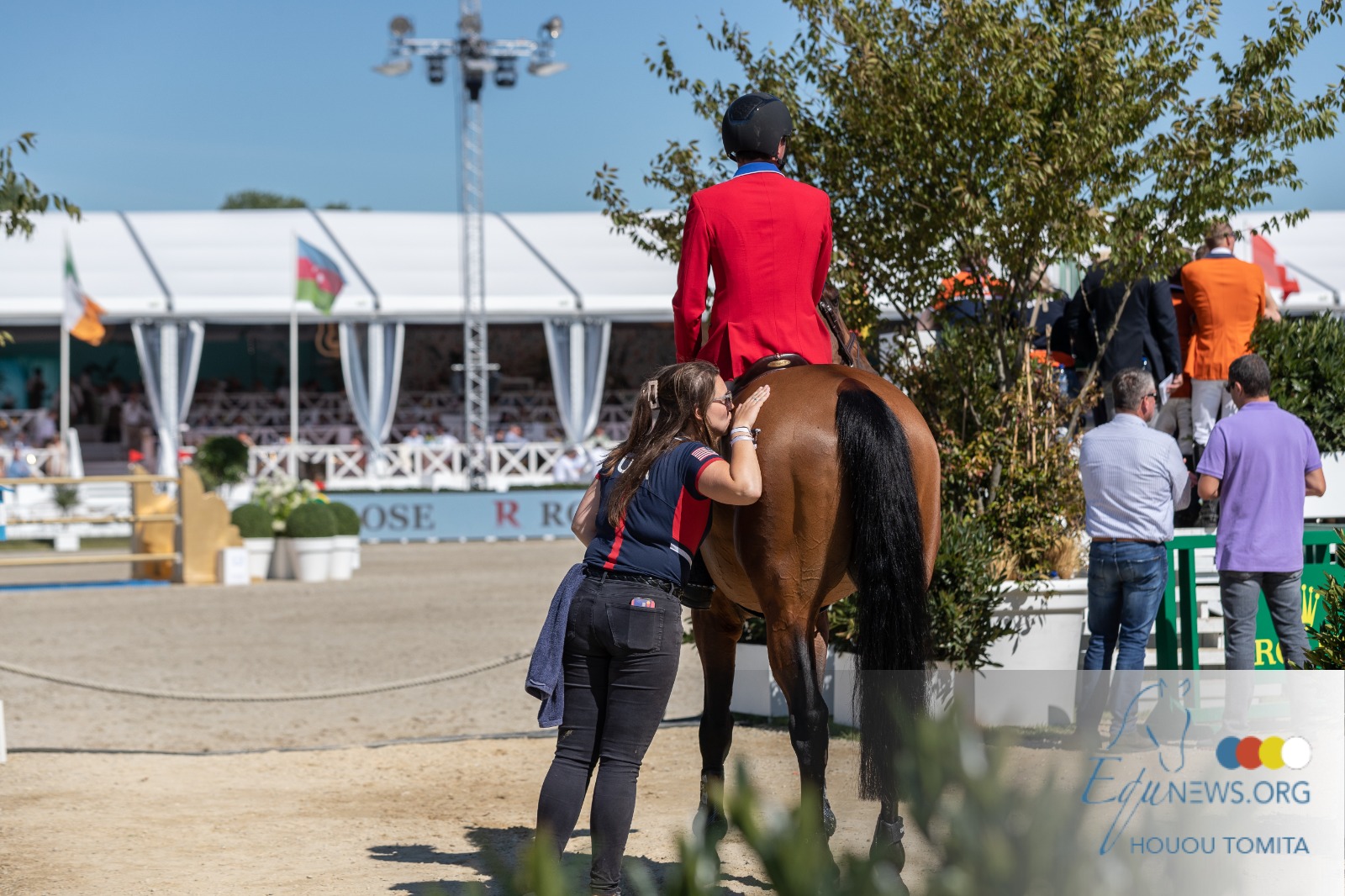'It goes without saying' the more motivated your horse is, the better he/she will perform. However, that now appears to be different. Yet a new study, published in Science Today, nuances that a motivated horse feels better about itself without question. "Motivation is a crucial factor, except that external encouragement are often used that either miss the mark or lose their effect after a few months."
"Intrinsic motivation is not always the best, because you can't force horses to like a task." it sounds. Remarkably, the study bridges the gap with the human world. They make the comparison between companies and horses. In this, the companies are the riders and the horses are the employees. "As with companies, sometimes it is more useful to give your horse a sense of impact and meaningfulness. That sounds abstract but is in fact very simple. Your quadruped is a herd animal and, like us, feels social bonds with the other horses. Small signals in the barn can show performance relative to the rest of the group."
What is motivation
Beforehand, the research team does ask the question, what is motivation? "The main conclusion is that too little is actually known about motivation, with the result that there is still too much motivation from low quality. For example, riders still try to motivate horses with pats on the back and sweets. But that effect wears off after only a few months."
"However, the way to motivate horses is as simple as ABC. More than that, it even boils down to ABC, where the letters stand for three universal basic needs. "If these are met, they will have a positive impact on high quality motivation," the study explains.
"The A stands for 'Autonomy,' the B stands for 'Belongingness' or authentic connection and the C stands for 'Competence,' being the feeling of being good at what you do. Those are three handles that you as a rider can focus on. Give horses a sense of participation and responsibility." Recently, Kent Farrington also explained this. The American stated that in the competition ring, he gives his horses about 90 percent of the control. He gives them the responsibility to make the right decision. Of course, good communication training precedes this. And that brings us to the remaining letters.
"Reinforce the given of competence and communication through training, coaching or a safe work environment where making mistakes is allowed. Allow mistakes in training, don't punish them, but make sure you work motivated toward proper communication."
"And in addition, definitely focus on that meaningfulness: show your horses what the impact is." "That sounds difficult but it's not.... Give recognition to your horses when it really counts not just randomly!"




